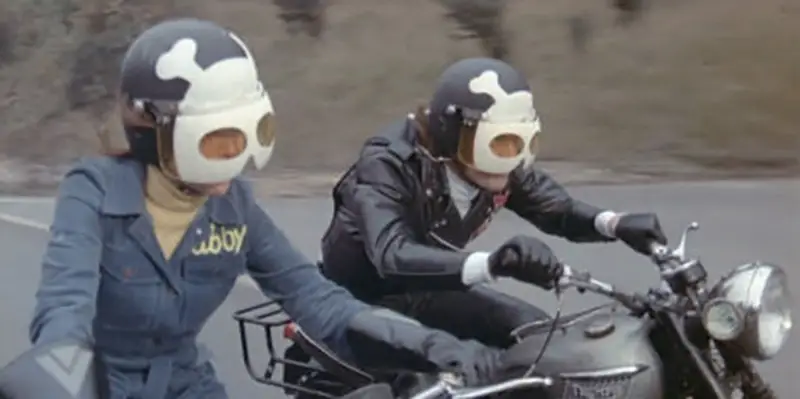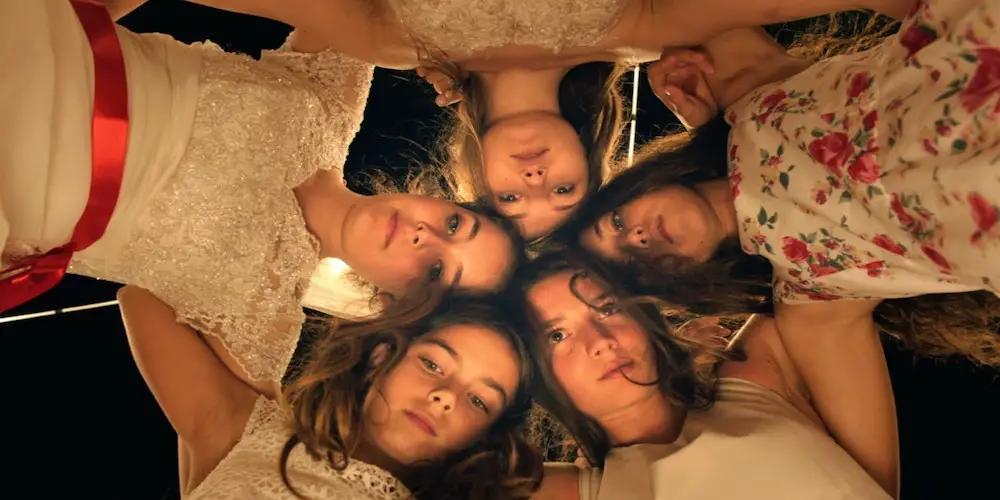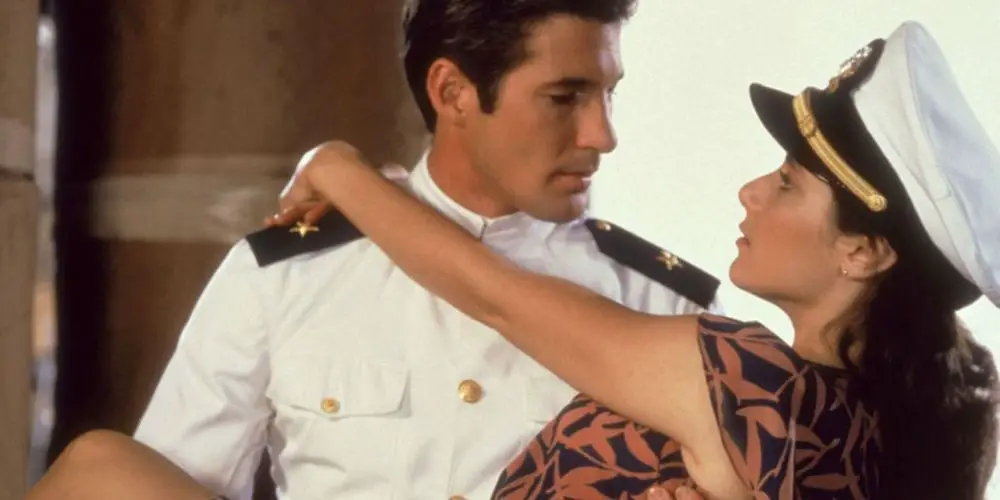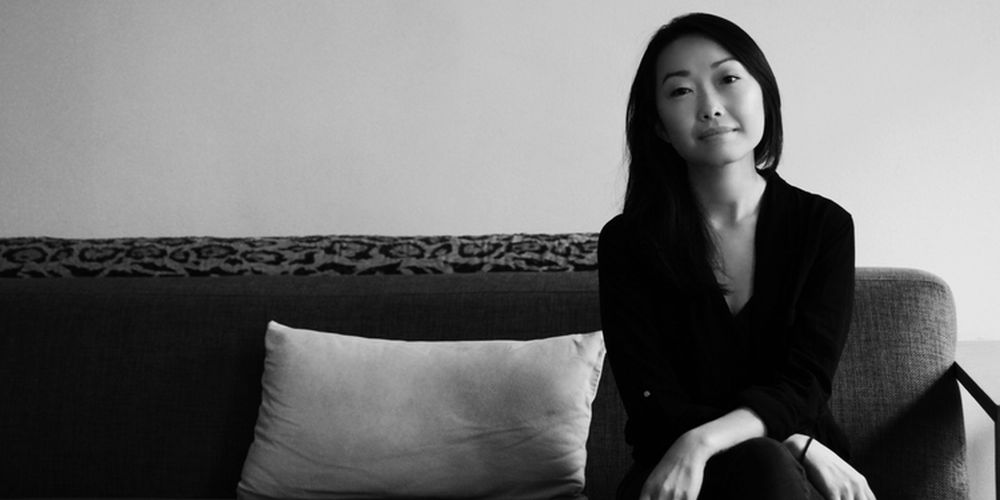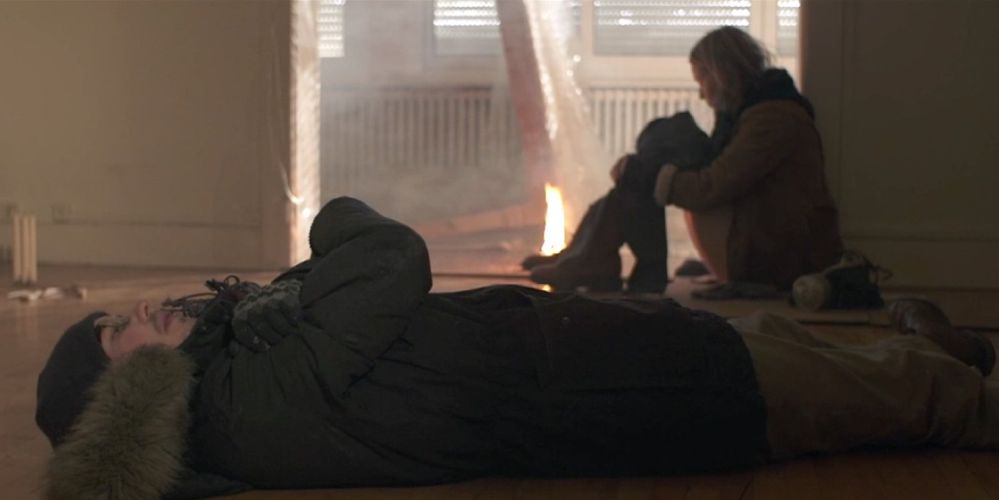Features
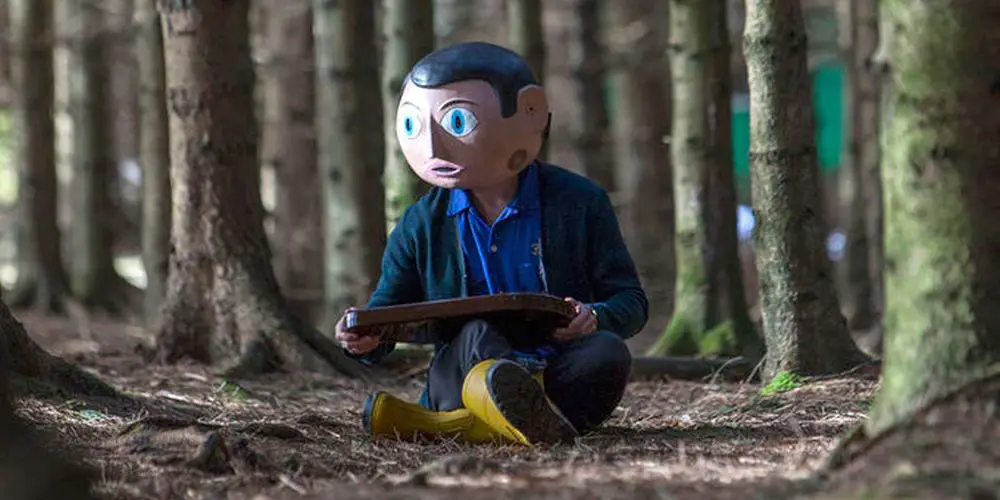
Watching Frank recently, it occurred to me how often the creative process is shown on-screen, and how frequently this process is shown in a hackneyed, unsubtle way. Too often directors attempt to over-romanticise the writing process, and feature endless montages of their artists receiving some form of divine inspiration, as if writing was truly that exciting and easy. Admittedly, showing such a process on-screen is problematic.
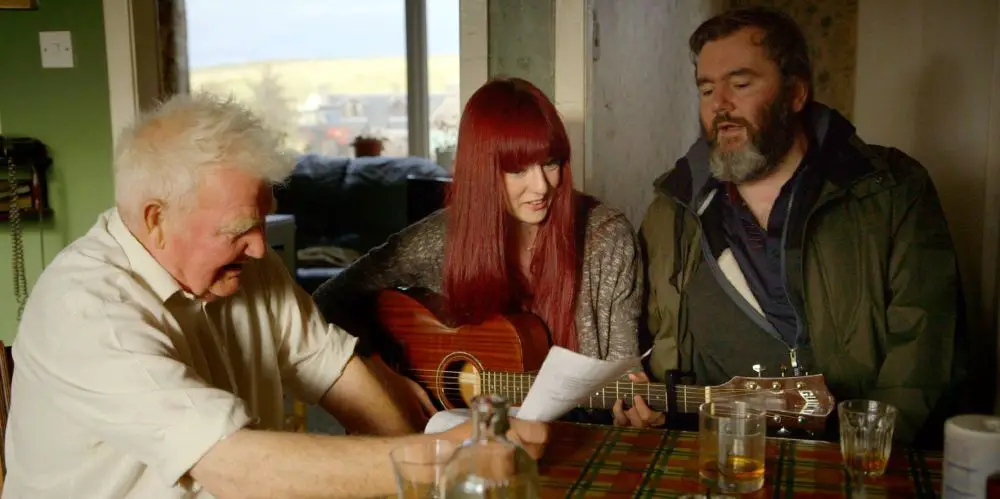
In a time when facts, figures and certainties are thin on the ground, when reality itself appears to be fragmented into many non-congruent shards, it is perhaps not so surprising that some sense of perspective can be gained in the comforting darkness of the cinema theatre. Discombobulated by events both political and personal, I sought refuge from Manchester’s silvery anti-summer at a screening of Paul Fegan’s Where You’re Meant To Be, chronicling musician Aidan Moffat’s journey around Scotland in his quest to re-interpret some of the country’s folk standards in a more contemporary light. Throughout the film and the subsequent Q & A with Fegan and Moffat at Manchester’s Home, the theme of authenticity surfaced from the loch of uncertainty that clouds our ability to make sense of these times.
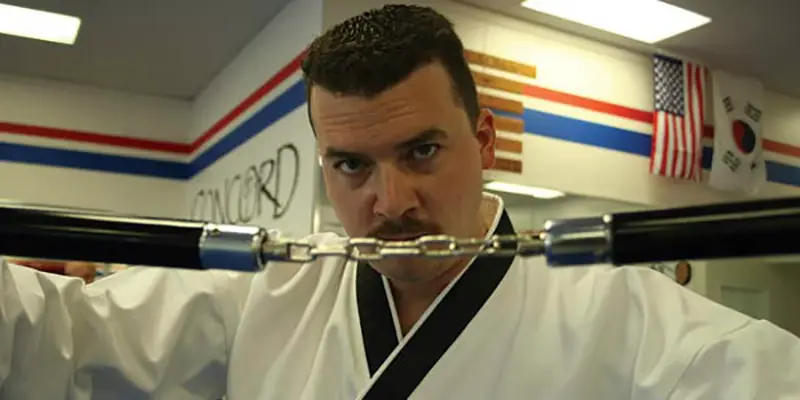
In January 2006 at the Sundance Film Festival, the world was introduced to Jody Hill and Danny McBride by way of The Foot Fist Way. Billed as a comedy, the movie starred McBride as a down-on-his-luck Taekwondo instructor from North Carolina. The film quickly establishes itself to the viewer as a grossly sophomoric bit of business, with plenty of crass dinner table conversations and shallow behavior throughout.
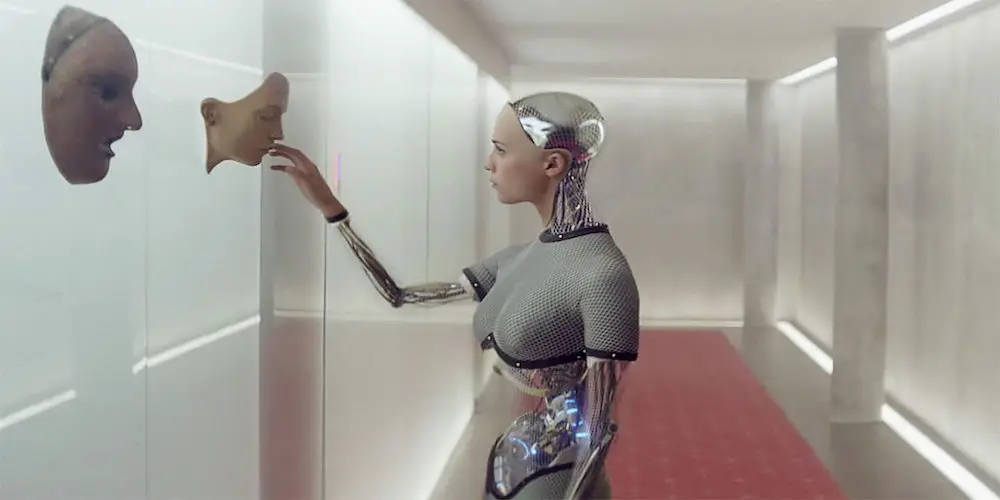
Attitudes about the male gaze have been present in science fiction cinema for years, especially relating to the identity of female robots. This includes the objectification of these characters and the loss of their autonomy, which reflects real life attitudes towards women. Many films have been made to show the dangers of viewing women as objects, yet we still see the male gaze in motion pictures every day.
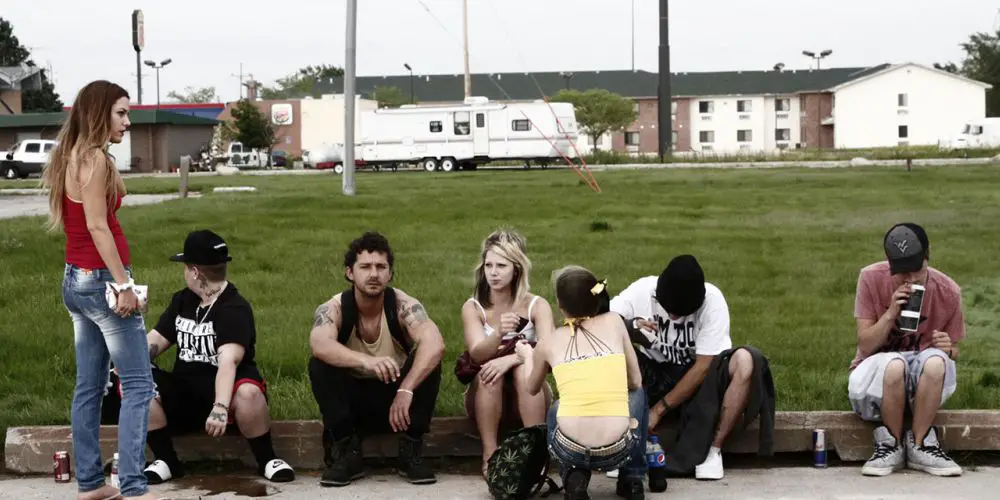
Class consciousnes and its oft-contingent condemnation of wealth was a theme at the 2016 Cannes Film Festival that one would be hard-pressed to overlook. The most obvious reason for this is the fact that Ken Loach’s poignant portrait of one man’s struggle to navigate Britain’s welfare system, I, Daniel Blake, took home the Palme d’Or. But this topic was also prominent in part because films about wealth, or lack thereof, pervaded the entire festival, spanning its various sections.
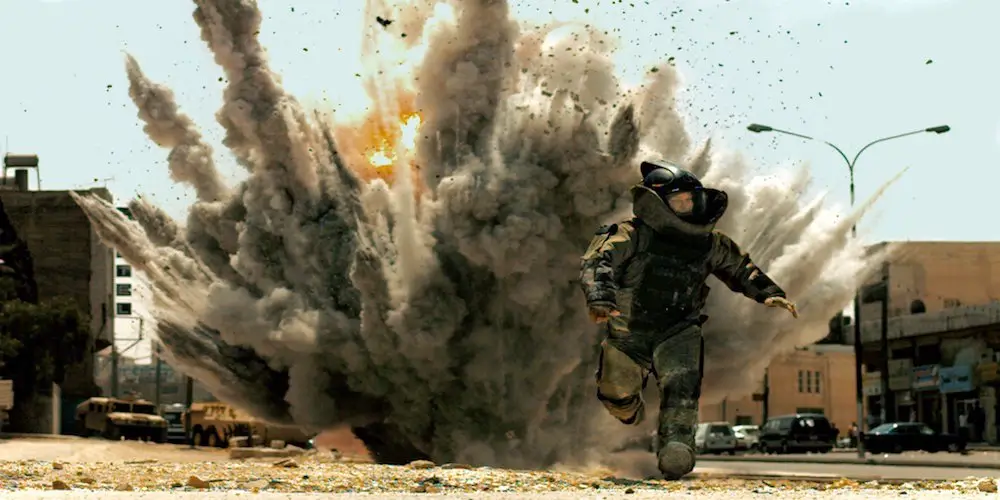
One of the most overlooked elements of the action genre is sound – more specifically, its use of sound cues to tell a story. However, this mode of storytelling is not only powerful by itself, but is especially suited to the needs of modern action films. Recent advances in sound technology now make it possible for action directors to put sound cues to their full use.
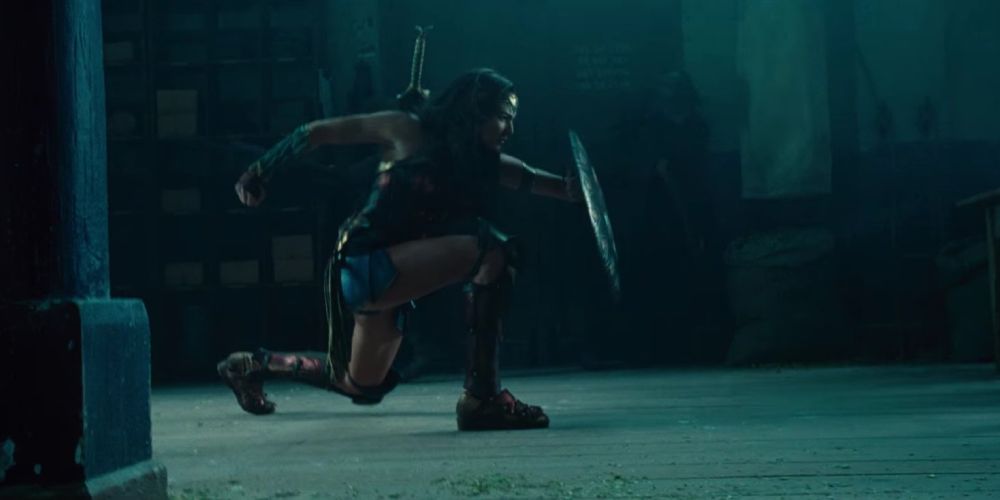
The past couple years have sparked seemingly, sudden changes in Hollywood. The #OscarsSoWhite trending this year launched a complete member overhaul in the Academy and the way voting was handled within the membership. The EEOC launched an investigation of the Hollywood’s studio system’s complete neglect of hiring women directors, which has sparked an online movement for women in film, both in front of and behind the scenes.
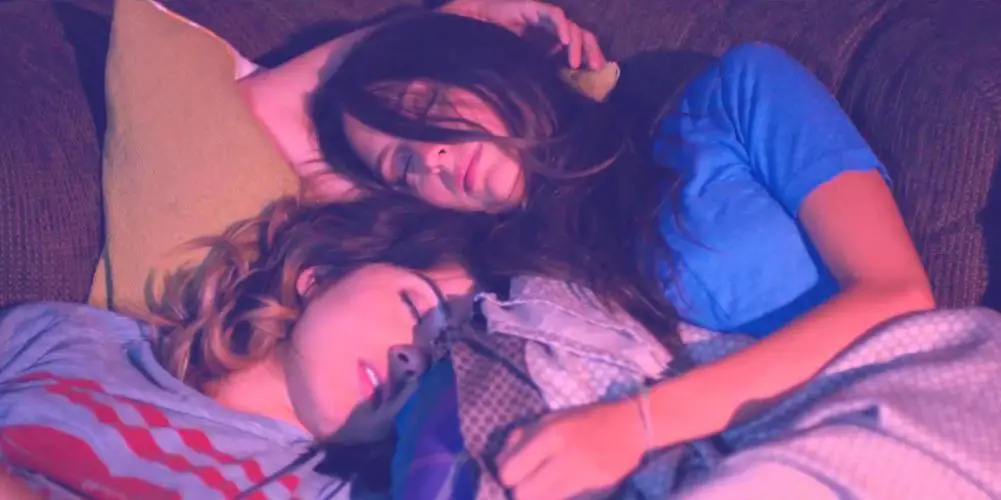
Up-and-coming filmmaker John Carchietta has co-directed and produced several thrillers like Late Fee and The Hills Run Red. He is one of those true horror fans who really knows his stuff. But recently Carchietta proved that he can tackle multiple genres with the debut of his first solo project, a queer romantic thriller called Teenage Cocktail.
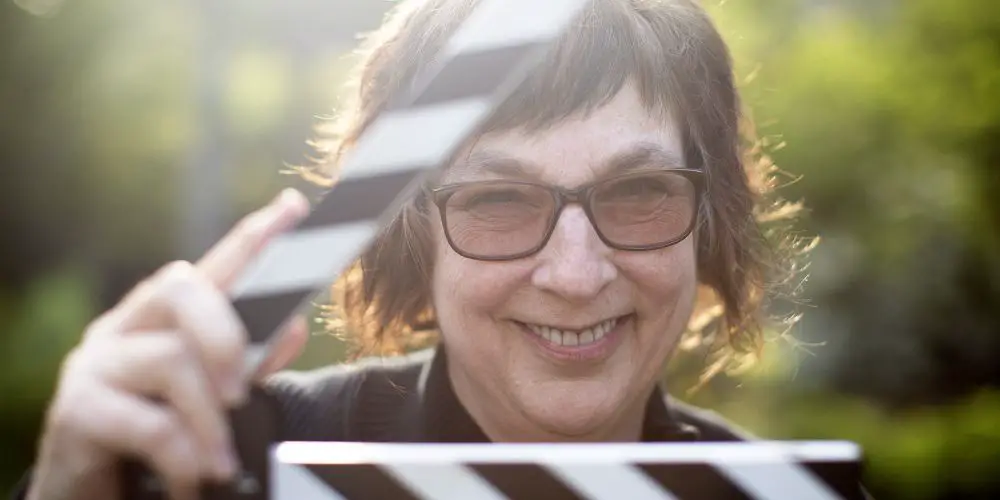
Bluestocking Film Series is an an exclusive showcase for provocative, well-produced films that feature complex female protagonists driving the narrative and leading the action. Moreover, all films submitted to the series must feature a female protagonist, and must pass the Bechdel-Wallace Test. It’s the first ever U.


